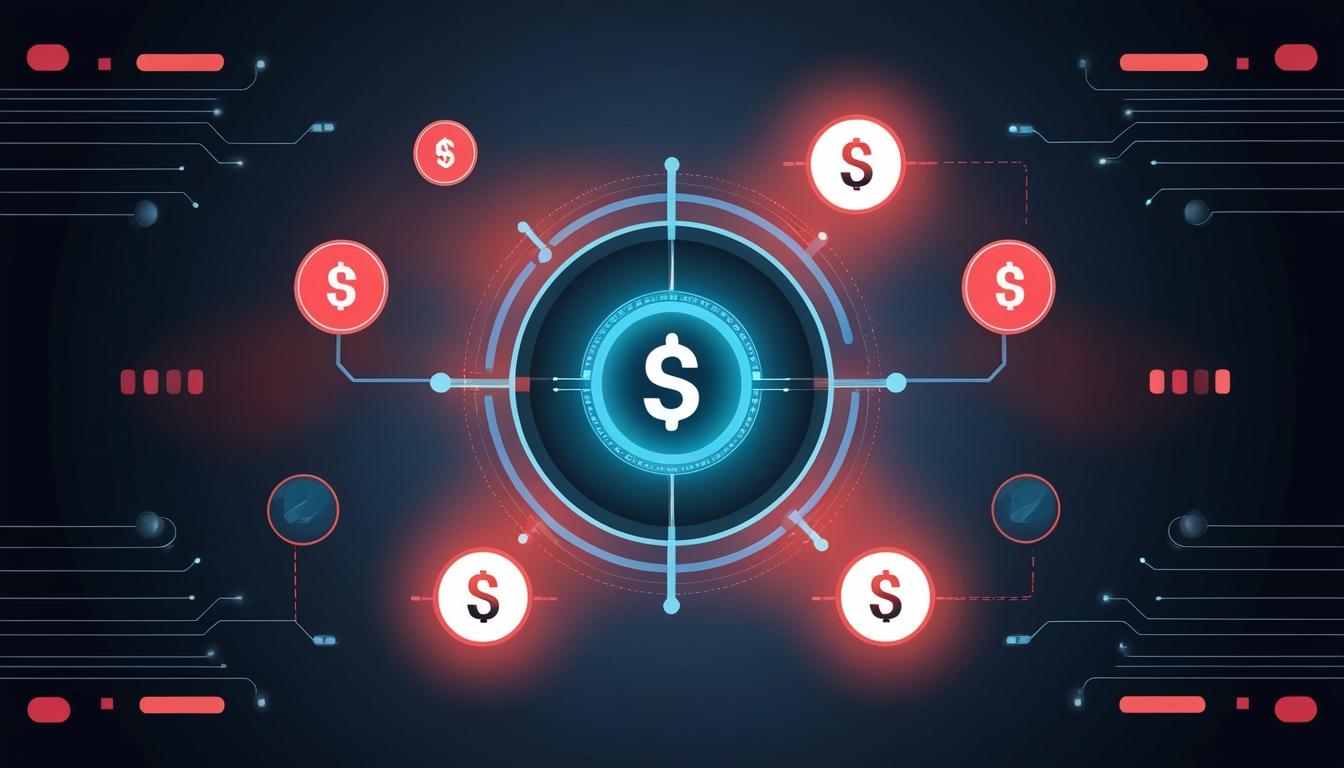A new study from Juniper Research has revealed significant projections for the future of global network tokenised transactions, estimating a substantial increase from 283 billion in 2025 to 574 billion by 2029. This growth mirrors the ongoing rise in popularity of digital payment systems and highlights the escalating significance of network tokenisation within financial transactions.
Network tokens serve as virtual representations, replacing sensitive card details with unique tokens that are issued by card networks. The mechanism behind this method involves engaging the issuing bank earlier in the transaction authorisation process, thereby shifting liability from merchants to issuers. The early involvement of issuers has resulted in a notable increase in authorisation rates, aligning card-not-present approval rates more closely with those of traditional card-present transactions.
The Juniper Research report also underscores the increasing prevalence of fraud in digital payments; however, it asserts that network tokenisation is poised to enhance the security of these transactions, potentially driving higher adoption rates among merchants. The findings indicate that by safeguarding sensitive card information at every step of the transaction lifecycle, network tokenisation can considerably reduce the incidence of e-commerce fraud.
Current trends illustrate that this growth is already underway, with Mastercard reportedly having network-tokenised one quarter of its transaction volume as of 2024, marking an impressive annual growth rate of 50 per cent.
As a crucial deadline approaches, global payments leader Visa is set to enforce stricter global fraud thresholds beginning in January 2026. These new regulations will compel merchants to take aggressive measures to mitigate fraud. Juniper advocates for the adoption of network tokens as an essential strategy for payment processors and merchants navigating this landscape. With the prevalence of card-not-present fraud escalating, it is predicted that innovative fraud prevention solutions, such as network tokens, will become indispensable.
Token Service Providers (TSPs) are thus pressed to enhance their offerings, such as by developing real-time transaction analysis tools to support merchants in monitoring and managing their fraud rates effectively.
In addition to these developments, Apple’s recent decision to allow third-party developers access to Near Field Communication (NFC) capabilities on its iPhones presents a notable opportunity for innovation. TSPs are encouraged to leverage this opening by establishing partnerships with emergent digital wallets that could integrate network tokenisation, thereby enhancing their competitive stance against established players, such as Apple Pay.
As digital payment methods continue to evolve, the trajectory of network tokenisation is set to play a pivotal role in shaping the future of secure financial transactions.
Source: Noah Wire Services
